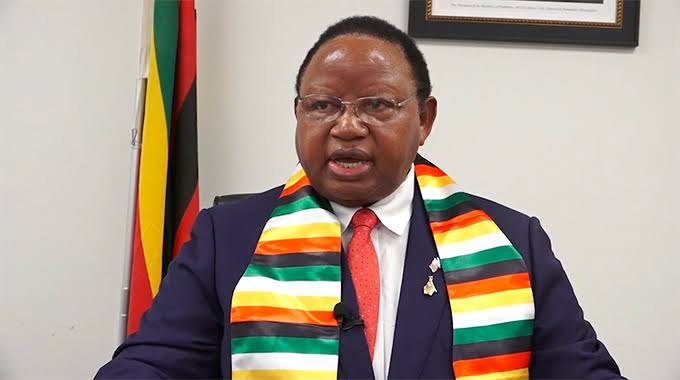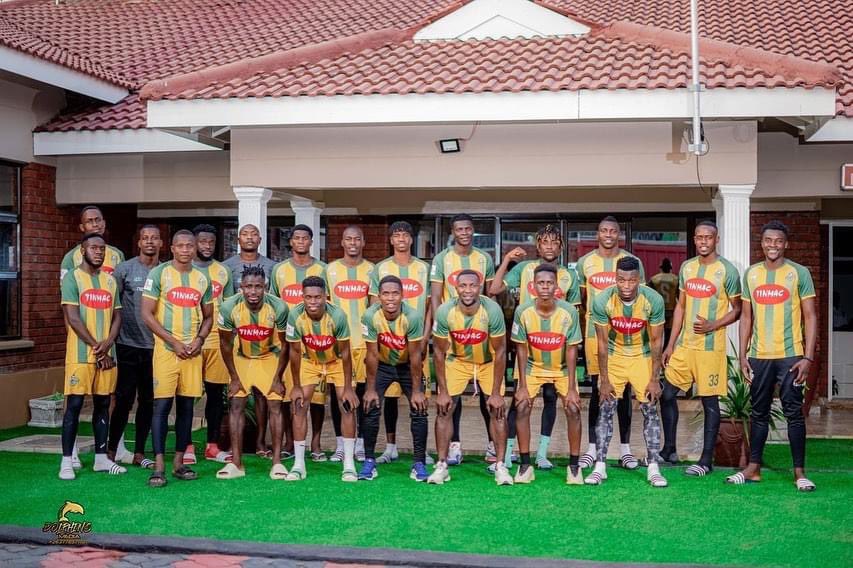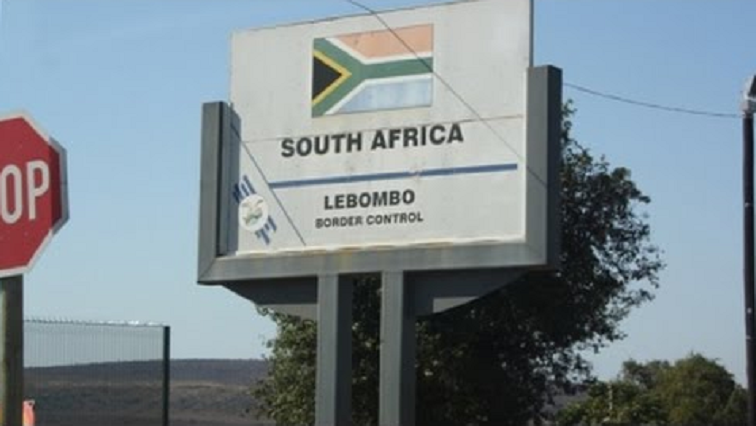HARARE – The United States has banned rough diamonds from Zimbabwe, accusing the country of using forced labour at its diamond mines in Marange.
The U.S. Customs and Border Protection (CBP) said it seized five different products this week based on information indicating the goods were made using slave labour overseas.
The other items included rubber gloves made in Malaysia, gold mined in the Democratic Republic of the Congo and bone black — charred animal bones — manufactured in Brazil.
Under a 2016 law, it is illegal to import goods into the United States that are made entirely or in part by forced labour — which includes prison work, bonded labour and child labour.
“CBP’s issuing of these five withhold release orders shows that if we suspect a product is made using forced labour, we’ll take that product off U.S. shelves,” said Acting CBP Commissioner Mark Morgan in a statement on Tuesday.
A company hit with a withhold release order can decide to reroute the shipment and try to sell their products elsewhere or persuade CBP to change its decision by providing documents to demonstrate due diligence and argue the goods are slavery-free.
Zimbabwe has strongly refuted the claims of forced labour at its diamond mines.
“It’s unfortunate that the US authorities have been misinformed or misled to believe that Zimbabwe is mining diamonds through forced labour,” government spokesman Nick Mangwana said.
“As a government, we have a very strong revulsion towards any form of slavery or servitude. To even suggest that Zimbabwe has some form of corporate forced labour is either mischievous or simply ignorant.”
Prior to the latest crackdown, the CBP had issued seven detention orders since 2016, including chemical compounds, peeled garlic and toys from China, and cotton from Turkmenistan.
Zimbabwe expects to produce 4.1 million carats of diamonds this year, up from 2.8 carats in 2018. At the peak of production in 2012, the country’s output was 12 million carats.
On September 9, Zimbabwe opened a 316,000-carat diamond auction which attracted buying interest from Belgium, Dubai, India, Israel and South Africa.
















